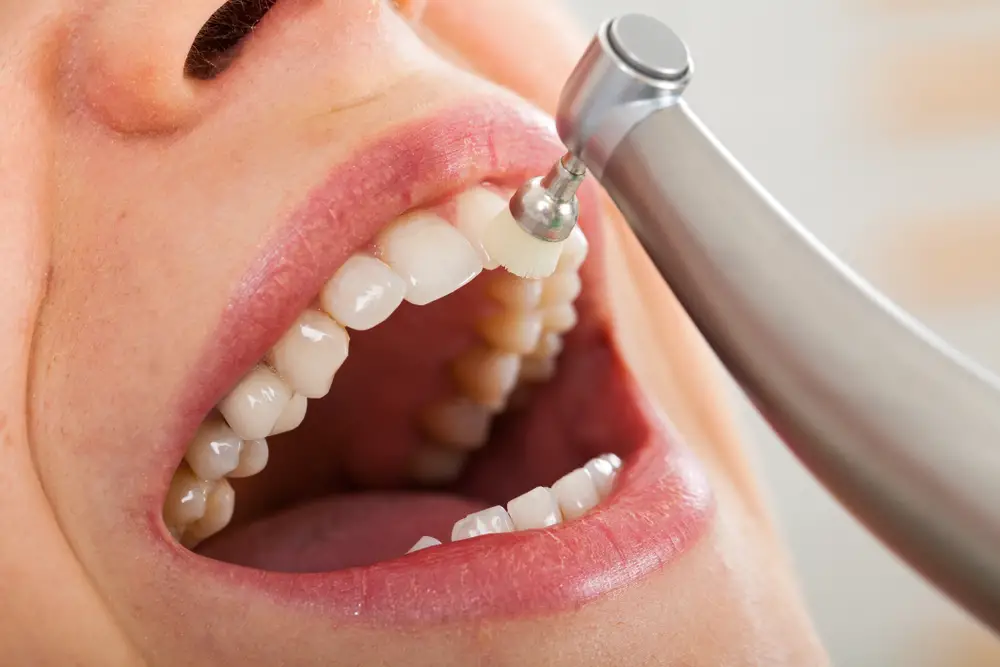
How To Whiten Crown Teeth?
Dental crowns play a vital role in restoring the form and function of damaged or discolored teeth. While dental crowns themselves do not undergo natural discoloration, the surrounding natural teeth might.
This can create a situation where the color of the crown differs from that of adjacent teeth. If you’re considering whitening your teeth and have dental crowns, it’s essential to understand the factors involved and the considerations for achieving a harmonious, bright smile.
In this article, we’ll explore how to safely whiten teeth with crowns.
-
Consultation with a Dental Professional:
Before embarking on any teeth whitening journey, it’s crucial to consult with your dentist. Dental professionals can assess the condition of your crowns, the type of material used, and any potential challenges associated with whitening. They will guide you on the most appropriate approach based on your individual case.
-
Understanding Dental Crown Materials:
Dental crowns can be made from various materials, including porcelain, ceramic, metal, or a combination of materials. Different materials react differently to whitening agents. Porcelain and ceramic crowns do not respond to traditional teeth whitening treatments in the same way natural teeth do. Metal-based crowns are also not affected by teeth whitening agents.
-
Addressing Discoloration Surrounding Crowns:
If the discoloration is primarily on the natural teeth surrounding the crown, teeth whitening treatments can be considered. However, it’s essential to understand that the crown’s color itself cannot be altered through traditional whitening methods.
-
Professional Teeth Whitening:
Professional teeth whitening treatments supervised by a dental professional are often the safest and most effective approach. These treatments use controlled concentrations of whitening agents and can be tailored to address the specific needs of your natural teeth while avoiding adverse effects on dental crowns.
-
Avoiding Home Remedies for Crowns:
Home remedies, such as DIY whitening solutions, may not be suitable for teeth with crowns. Lemon juice, baking soda, and other abrasive substances can potentially damage the crown’s surface and lead to uneven results.
-
Considering Replacement for Mismatched Crowns:
If your dental crowns significantly differ in color from your natural teeth, it may be worth considering replacing them for a more cohesive and aesthetically pleasing result. Discuss this option with your dentist to explore the possibilities and make an informed decision.
-
Monitoring Tooth Sensitivity:
Teeth with crowns may be less prone to sensitivity compared to natural teeth during the whitening process. Nevertheless, it’s essential to monitor any signs of discomfort and inform your dentist promptly.
-
Maintaining Oral Hygiene:
Good oral hygiene practices, including regular brushing, flossing, and professional cleanings, contribute to the overall health and appearance of your teeth, including those with crowns.
Conclusion:
Whitening teeth with crowns involves a thoughtful and personalized approach, guided by the expertise of a dental professional. Consulting with your dentist ensures that the chosen method is safe, effective, and tailored to your unique dental situation.
By understanding the nature of dental crowns and considering professional guidance, you can achieve a brighter, more harmonious smile that complements both your natural teeth and dental restorations.








